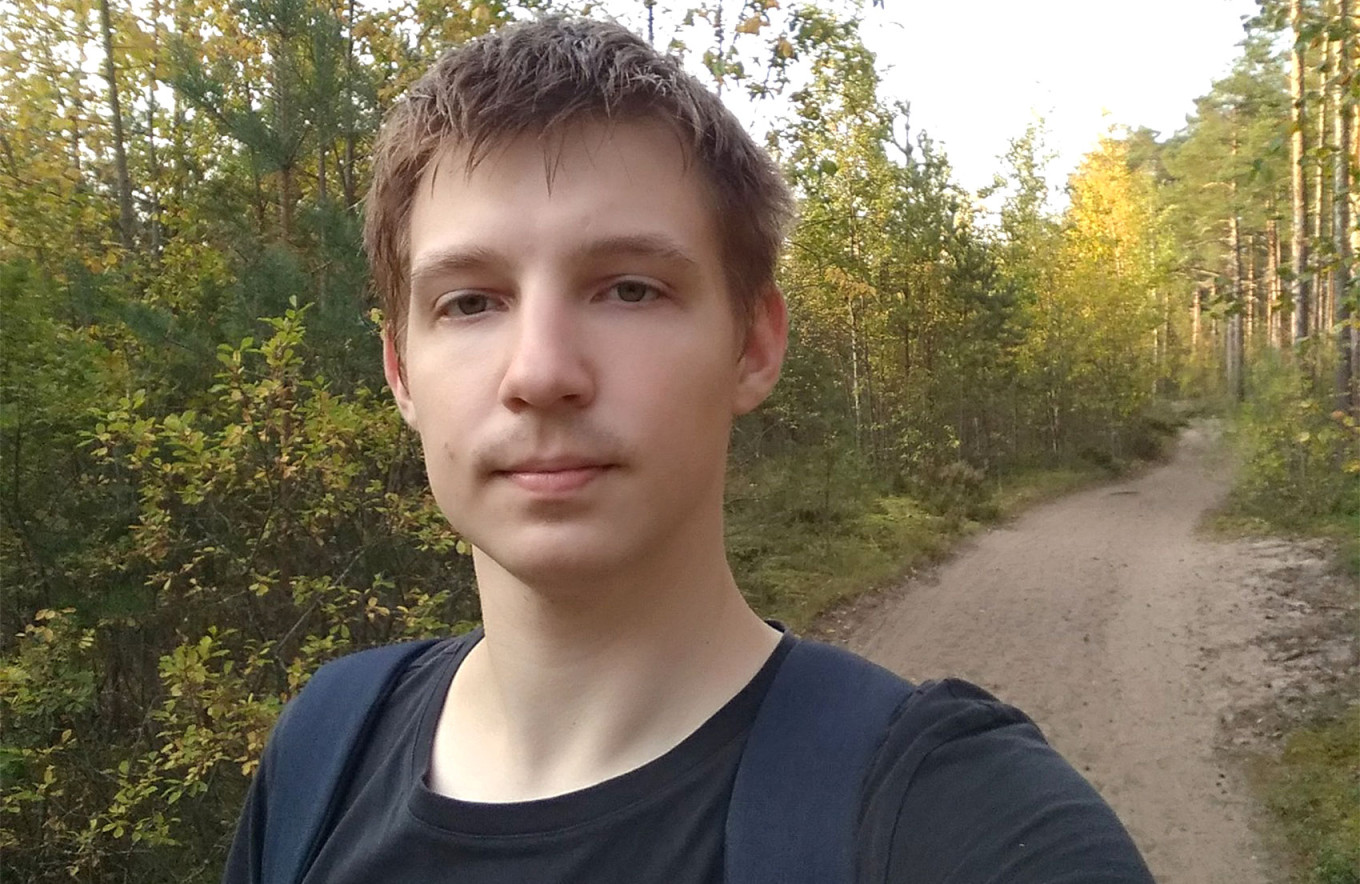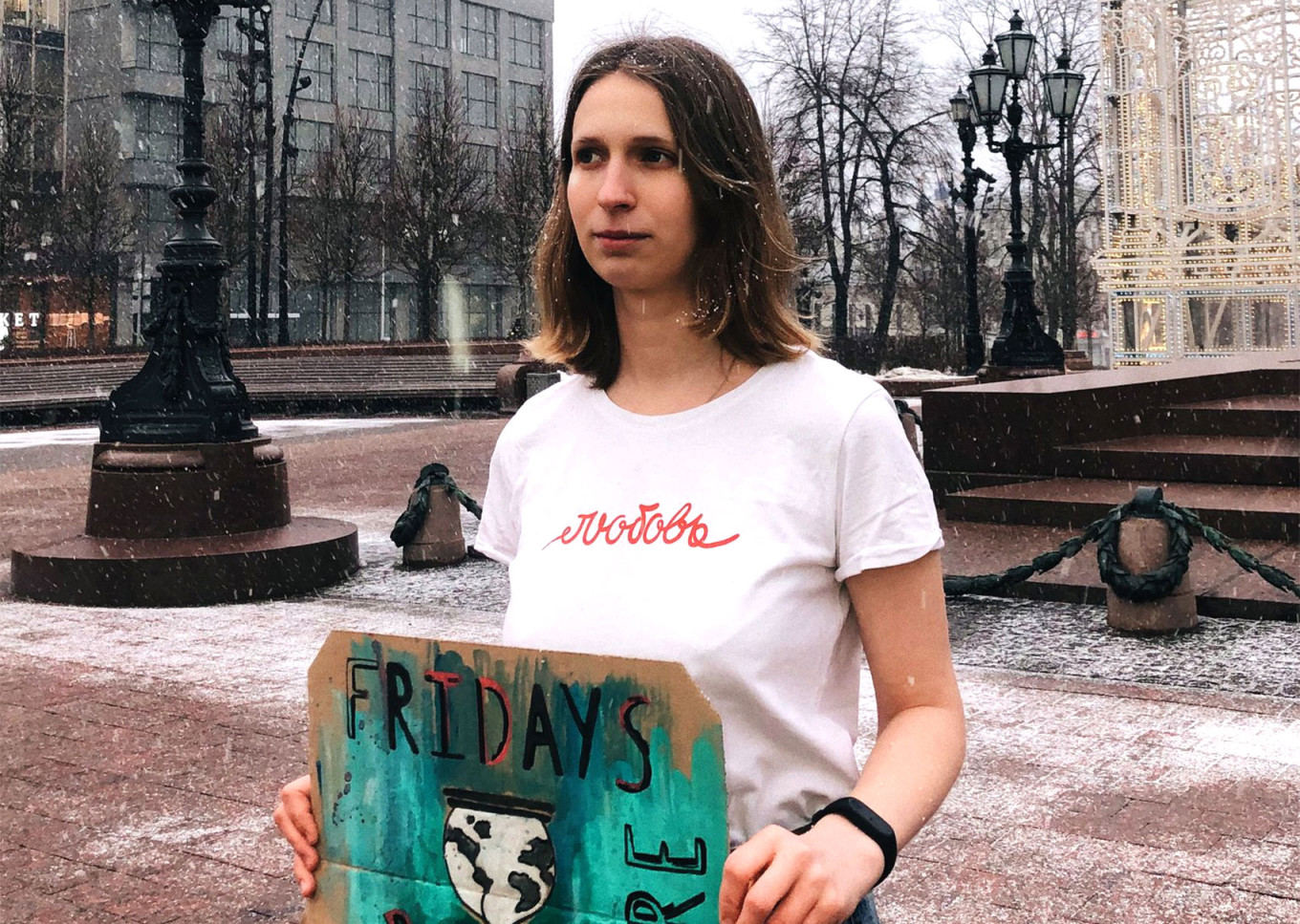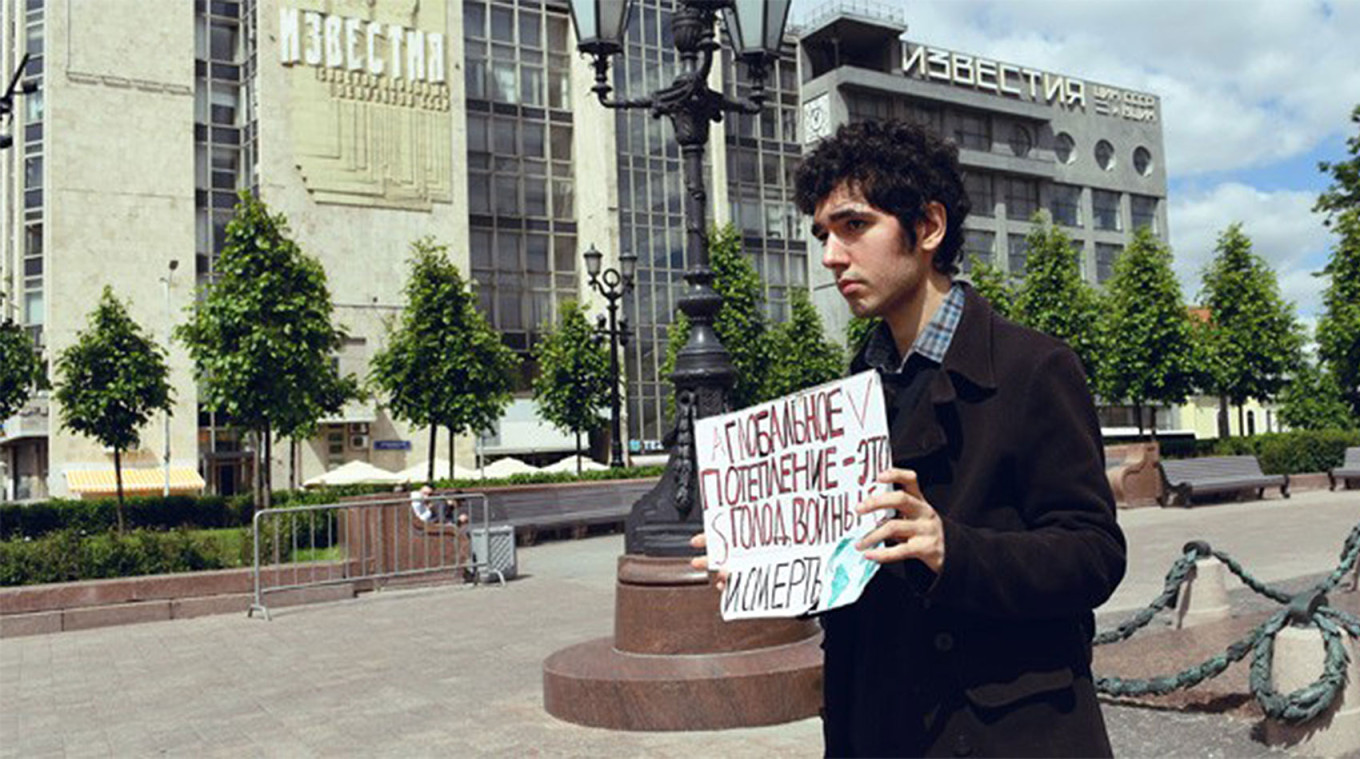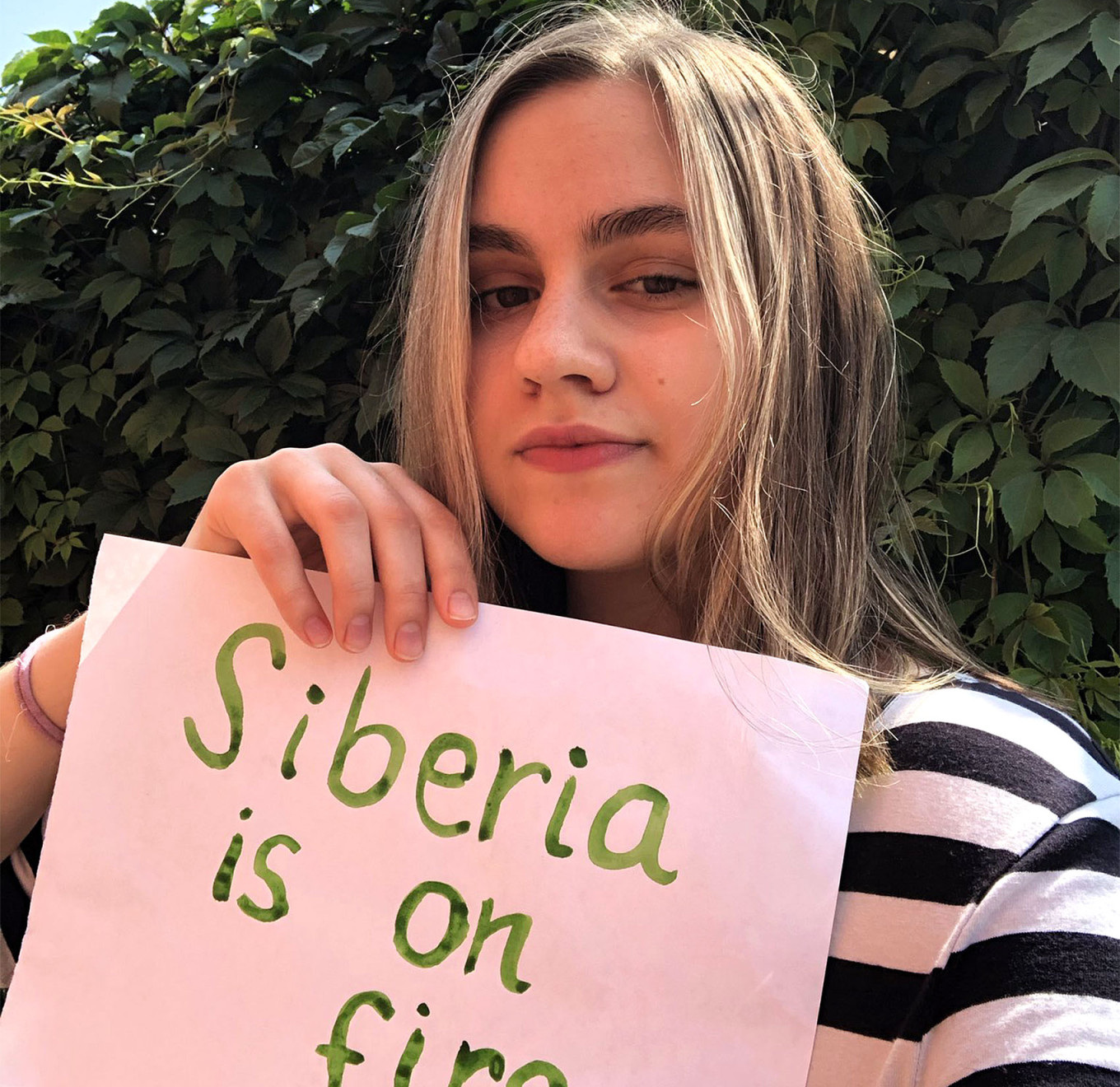Dozens of environmental activists have fled Russia following the invasion of Ukraine in an exodus that has reduced focus on fighting climate change and weakened the country’s fledgling ecological protest movement.
“Since the start of the war, it has been more dangerous to speak out about the environment,” said Ivan Drobotov, a Russian environmental activist who fled to neighboring Georgia in June.
“There are fewer and fewer people ready to speak out at all. And it became more complicated and dangerous to do it alone,” he said. “Many people were stunned and they have lost the ability to think and act. Too many.”
Many of these activists left because they feared political persecution amid a wartime crackdown on dissent of any kind. While some continue to pressure the Russian government from abroad, others have switched their focus to opposing the war in Ukraine or redirected their energies to tackling local issues in their new homes.
For Ksenia Klimova, a Greenpeace volunteer in the southern Russian city of Volgograd, it was the constant pressure from the police that forced her to leave.
“I spent time in jail. They charged me with discrediting [the Russian Armed Forces]. For several months, the police didn’t leave me alone. I was very afraid that they would come to search my home,” Klimova said.

“I really didn’t want to leave. I hoped it would all stop. But at some point, I realized that nothing is stopping and it’s impossible to live your life.”
In the early days of the war, police detained many well-known environmental activists.
Drobotov, who previously worked for Kremlin critic Alexei Navalny, was detained on accusations of working for youth protest movement Vesna. Barred from leaving the country ahead of a court hearing, he nevertheless escaped to Georgia.
“They will put me in prison [if I come back] because there is already a criminal case against me and I’m on the federal wanted list,” Drobotov said.
Environmental and climate change issues are particularly pressing in Russia — the world’s fourth-largest producer of planet-warming emissions. Its Arctic and Siberian regions are warming more than twice as fast as the rest of the world.
The country has taken tentative steps in recent years to address environmental issues, ratifying the Paris Climate Agreement and last year announcing the target of reaching net-zero emissions by 2060. But the Ukraine war has led to significant steps backward, from the persecution of activists to the cutting back of significant environmental protections.
While Drobotov and Klimova went to the South Caucasus nation of Georgia, Liuba Samylova, a Russia coordinator at global climate awareness group Fridays For Future moved to Germany.

“It’s taking a long time to settle down,” Samylova told The Moscow Times.
“We arrived in April and [for several months] we haven’t had any registration or visa. For two months, we have been living as illegals here. No bank account, just a SIM card and insurance.”
Since leaving Russia, Samylova said she has been focused on anti-war protests and has only gone to one climate change event.
Other activists also said they have chosen to focus on protesting the war.
“To be honest, it’s hard,” Klimova said. “After Sept. 21 [when Russia announced mobilization] it’s especially hard to work on environmental issues.”
Perhaps Russia’s most prominent climate change activist, Arshak Makichyan, left the country in March and now also lives in Germany. Makichyan has drawn a link between protesting against the war and fighting to halt global warming.
“Revolution in Russia is a solution to [the] climate crisis,” he tweeted earlier this month.
However, émigré activism doesn’t end with protesting the war.

In Georgia, Russian activists have participated in efforts to improve the local environment, Drobotov and Klimova told The Moscow Times.
“The locals are also starting to get into this environmental movement that our migrants brought with them,” said Drobotov. “And that’s great. If [our] state doesn’t let good practices settle in our country, let them be used in other countries.”
Russian environmental activists in both Georgia and Armenia have formed groups that meet and collect litter, according to Drobotov.
“People have been thrown out from their own country… cut off from everything they have worked for with so much effort – but as soon as they reach a new place, they have a look around and start making the world better,” Drobotov said.
“This is so right and so fulfilling. Some day we will put things in order in our own country.”
When asked about their future, exiled activists tend to say they don’t see themselves returning to Russia anytime soon.
“I don’t yet understand what Russia is to me now,” said Sonya Epifantseva, a climate activist who left Russia for the U.S. last year. “Right now, I’m trying to not lose heart and believe that I still have a chance to see my country free from tyranny and imperialism.”

Russian climate change groups and activists, including Epifantseva, last month filed a lawsuit in Russia’s Supreme Court against the government for failing to act over climate change.
Similar lawsuits have been filed in multiple countries — but this is a first for Russia.
“We wanted to sue back in spring, but put it off into the indefinite future due to the war,” Epifantseva said. “It could seem insignificant but, I think the more nails you put into the coffin of the regime, the better. I don’t think we will achieve anything in terms of Russian legislation. But it is an important precedent that documents Putin’s responsibility for the climate crisis.”
Most of the activists who spoke to The Moscow Times said environmental protests have the potential to play a key role shaping Russian politics if — and when — there is a change of regime.
“Environmental issues are the trigger that can move citizens’ actions to protect their rights into the political realm,” said Vladimir Nikolaev, a veteran environmental activist from the Siberian city of Tyumen who moved to Georgia after the invasion of Ukraine.

“Eco-activists have serious potential as a political force. If there was a way to use this potential [in Russia], I would come back,” he said.
Drobotov sees environmental and climate change protests as a way to reach a large number of Russians who otherwise might not get involved in politics.
“A lot of people see fighting for the environment as popular and think it has more support than purely political initiatives,” he said.
“It’s easier for people to join these sorts of protests.”
However, activists agreed that environmental activism is unlikely to stage a comeback inside Russia any time soon.
“Right now, all activism in Russia has been completely suppressed,” Klimova said.
“As long as Russia remains under the control of the people in power now – there can be no activism at all.”